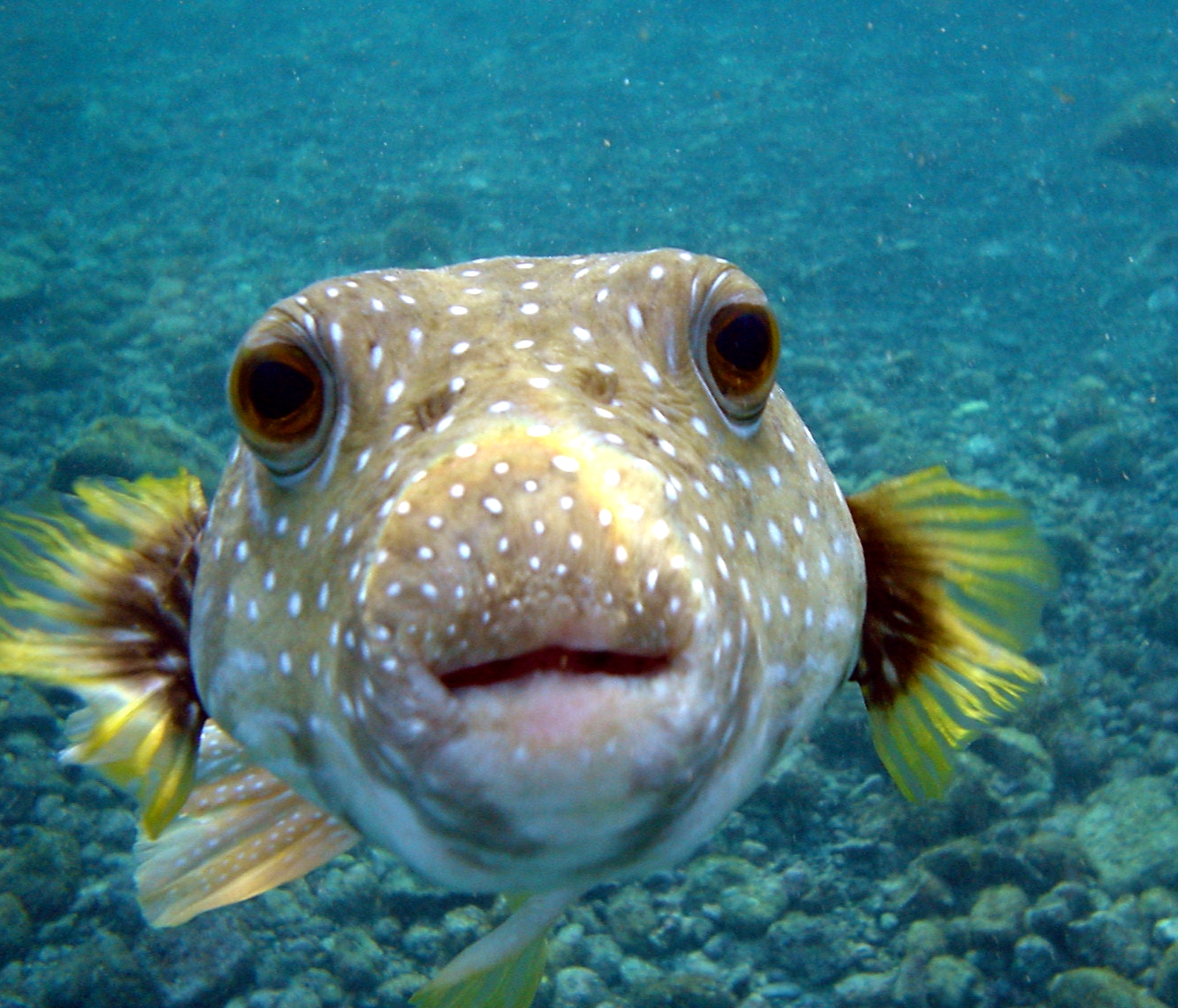I stopped breathing when the syringe filled with bubbles. The resident and I stood silently for a couple of breaths, watching the syringe fill with more pink bubbles each time the patient’s chest filled with air.
“Shit,” said the resident, taking the syringe from my hand. He withdrew the syringe from the vein, and applied pressure with a gloved hand. I watched, my own carotid pulsing at my chin.
A STAT chest x-ray confirmed our worst fears...
To read more, visit my article in the Living Hand medical humanities section of the Journal of General Internal Medicine.

![[ M U R M U R S ]](http://images.squarespace-cdn.com/content/v1/51efa33ce4b09afa04cb2a66/1376911411704-LDY4UEIH1WRGPUXTMLJU/Logo.jpg?format=1500w)











